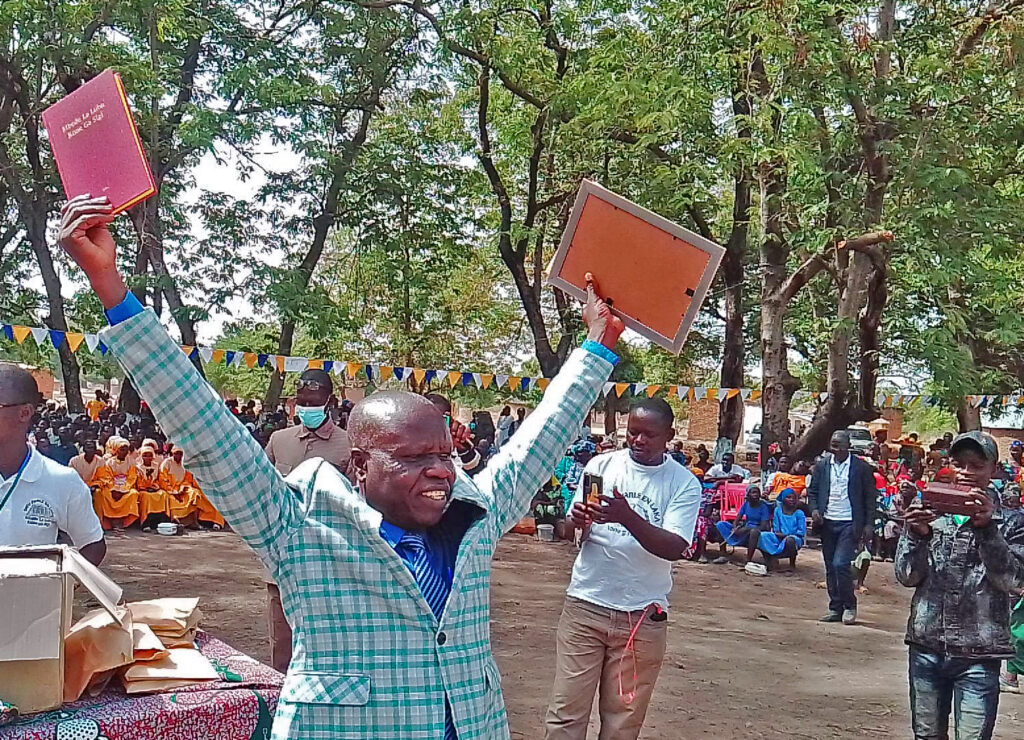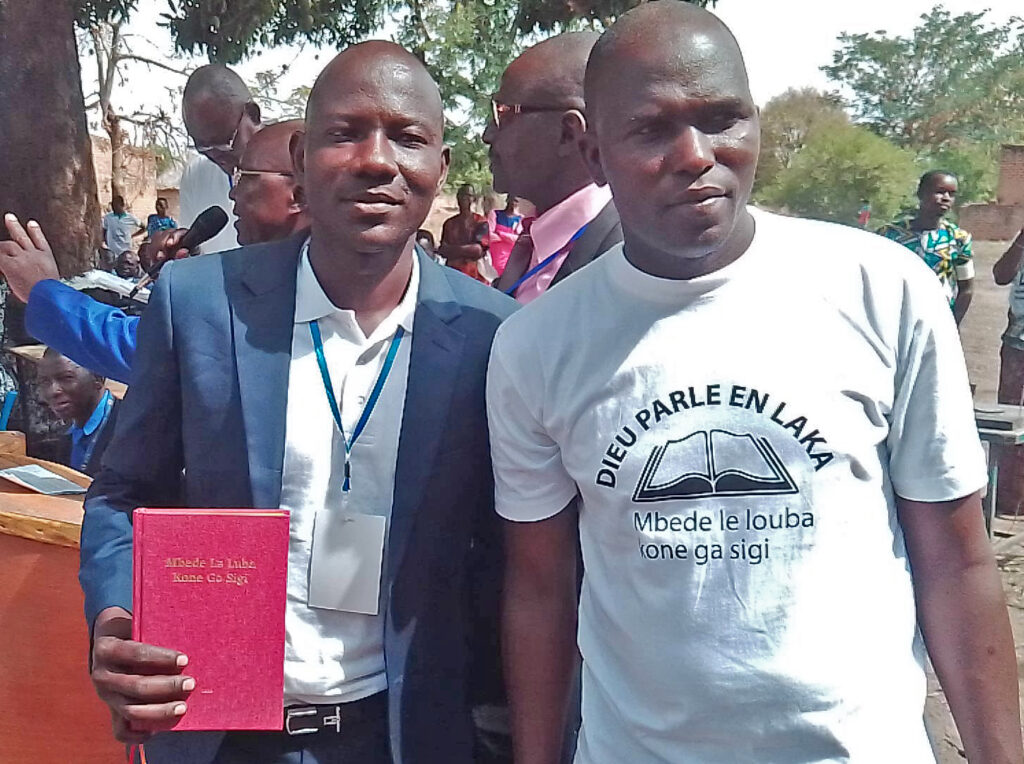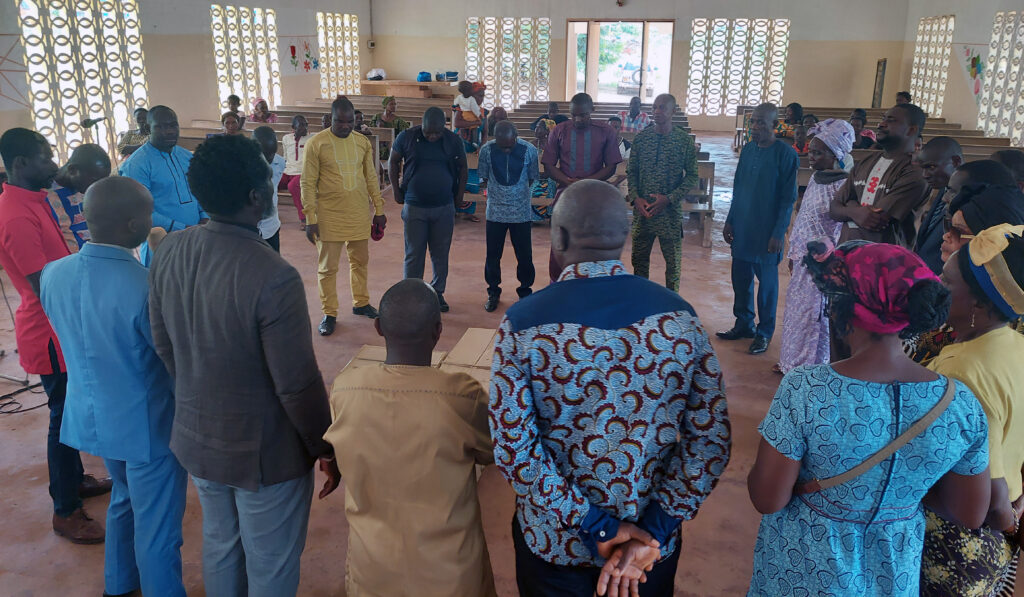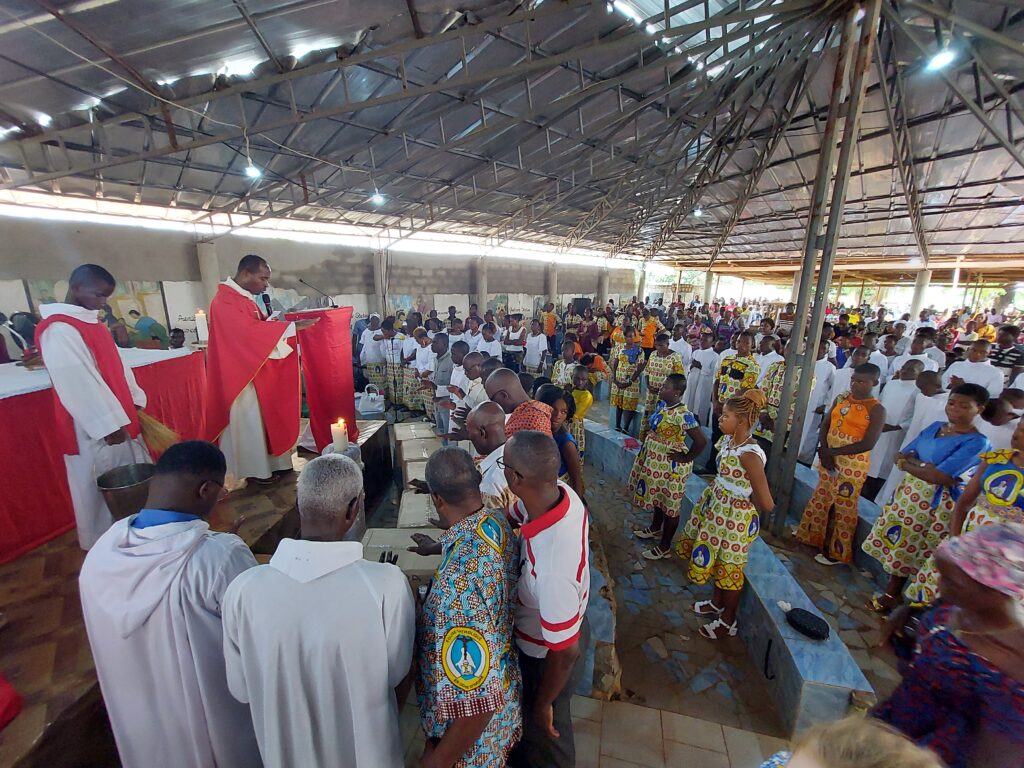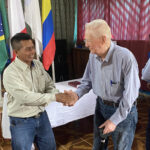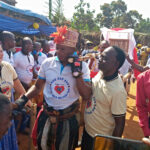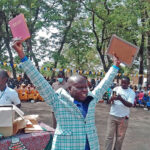Why So Slow?
Bev Dawson had no idea she would spend more than four decades serving as a Bible translator among the Wapishanas in Guyana, South America. During those years, many of her friends finished their New Testament translations and moved on. So … why was their translation so slow?
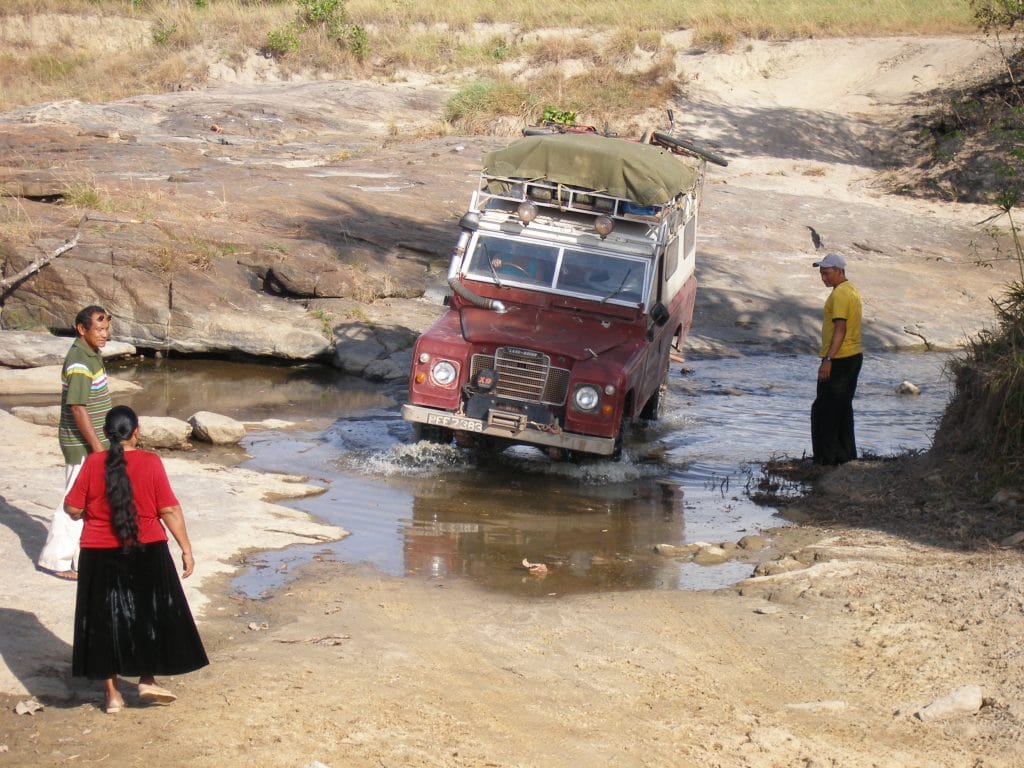
Bev and her translation partner, Fran, lived in a savannah surrounded by jungle, about 100 miles from the Wapishana translators who helped them. With no roads to Fran’s and Bev’s house, the translators had to travel by foot or bike on dirt paths. The dry season was the best time for them to work on the translation, because in the rainy season, the creeks and rivers flooded the savannah. But they often had other commitments during this time.
If the translators chose to come in the rainy season, they had to swim across rivers. “Once when the men reached us,” Bev shares, “they talked about how they had crossed a creek holding their bikes over their heads—which were underwater!” These men knew the importance of translating God’s Word!
No people from the States could come and support Bev and Fran because work permits were so difficult to obtain. Thus, they ended up doing a lot of the work themselves.
After they created an alphabet for the language, they printed books to help the Wapishanas learn how to read. For a long time, they utilized a hand-cranked mimeograph machine. “If the books were 20 pages,” Bev says, “we had to print 200 copies of one page and 200 of the next page and so on, all by hand.”
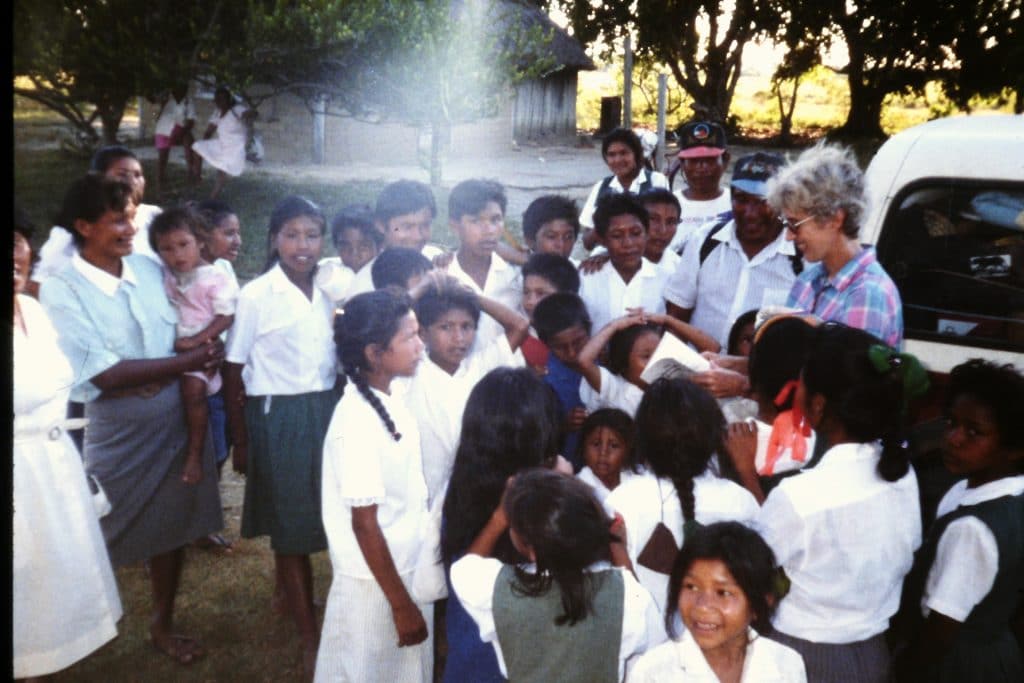
When the women finally obtained computers from JAARS, it was amazing! Before, to make the changes they received from villagers, they had to retype the whole draft of Scripture on a typewriter. “The computer saved us all that time, because we didn’t have to retype the entire passage.”
The staff at JAARS taught Bev and Fran how to use the computers, printers, solar panels, batteries, and wiring. “Because of our situation, they couldn’t go with us; we had to do it all,” Bev explains. “But JAARS acquired all those things for us. Then we returned [to Guyana] and did what they [had taught] us.”
When Fran retired, Rich and Char Hicks joined Bev for 11 years. Tragically, they were murdered by men from another village—who were most likely on drugs or drunk. The men came to rob Rich and Char and ended up killing them and burning their house. Six months later, JAARS raised money and sent a team to Guyana to build a new house and translation center.
“When I heard about the murders,” Bev remembers, “my first thought was, ‘It must be really important for the Wapishanas to have Scripture if Satan’s fighting this hard to stop it.’” She and her new teammate, Chic, had no doubts or fear about returning to the Wapishanas. “We knew this was a spiritual battle, so we returned to continue the work.” Before they returned, all five of the Wapishana translators committed to finishing the work that Rich and Char had died for.
Bev and her team finished that work in 2015, when the New Testament was dedicated. “I can see now that God had a reason for allowing the New Testament to take as long as it did.”
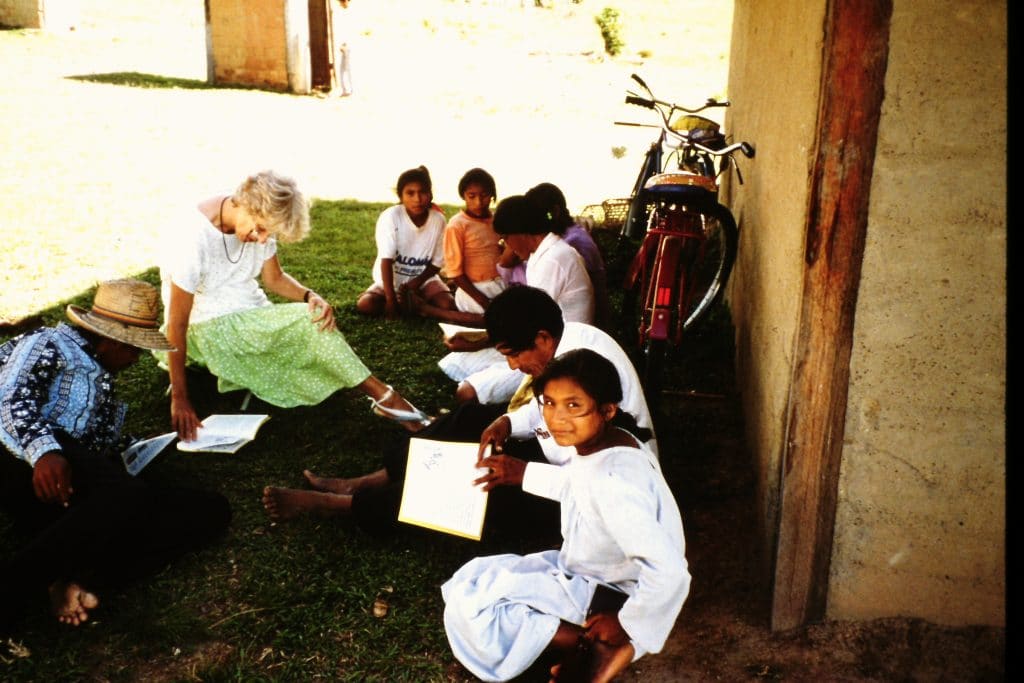
About 90 percent of the Wapishanas are Catholic. Often throughout their translation process, Bev and Fran encountered opposition among the leadership of the church. Then, 10 years before the dedication, a priest from India came and helped the leaders understand the necessity of possessing the Scripture in your own language. Later, the church even helped pay for the publication of the New Testament.
According to Bev, “The Wapishanas want to understand; they have a real hunger to hear and to learn, but they couldn’t do it until [God’s Word] was in their language.”
Now, thanks to God’s grace, forty years later, the Wapishanas can know the God of the universe, who created them and loves them.
How is God calling you to help people come to know him?



























































